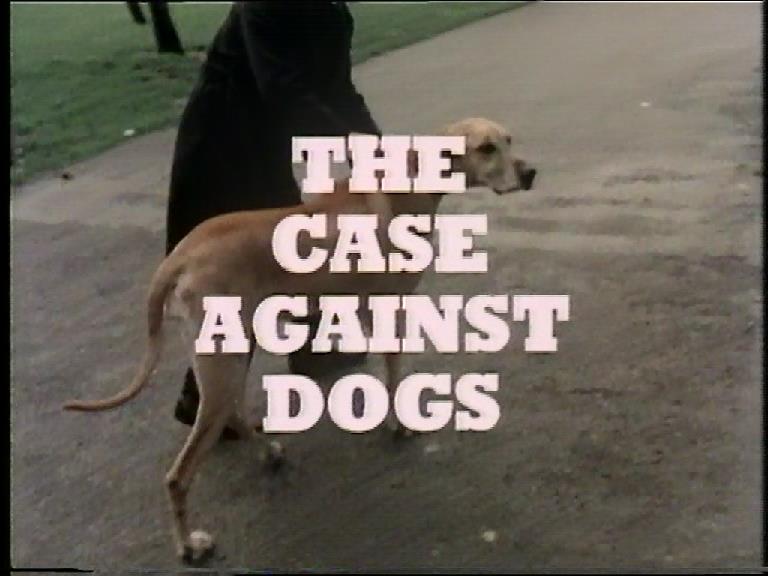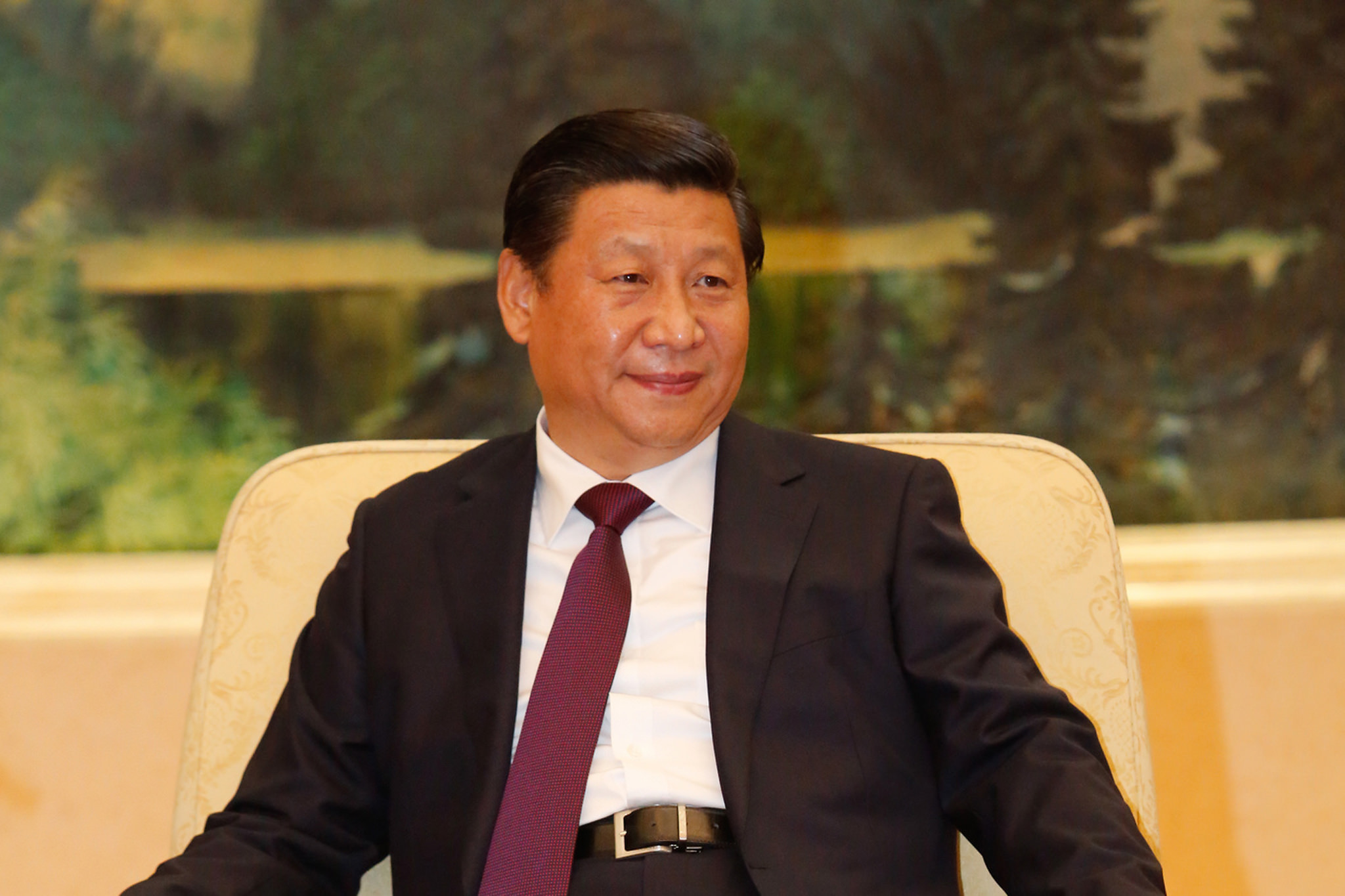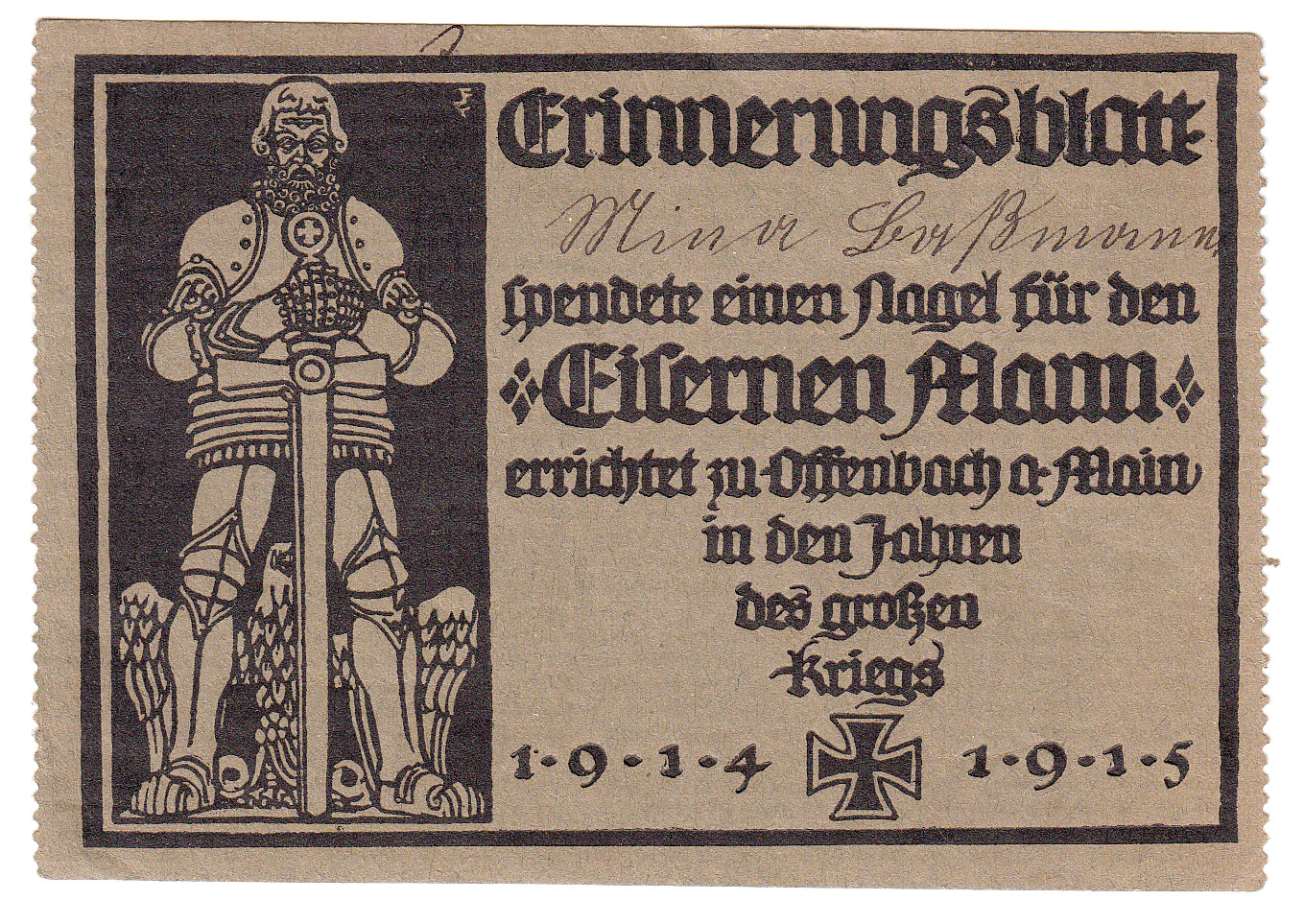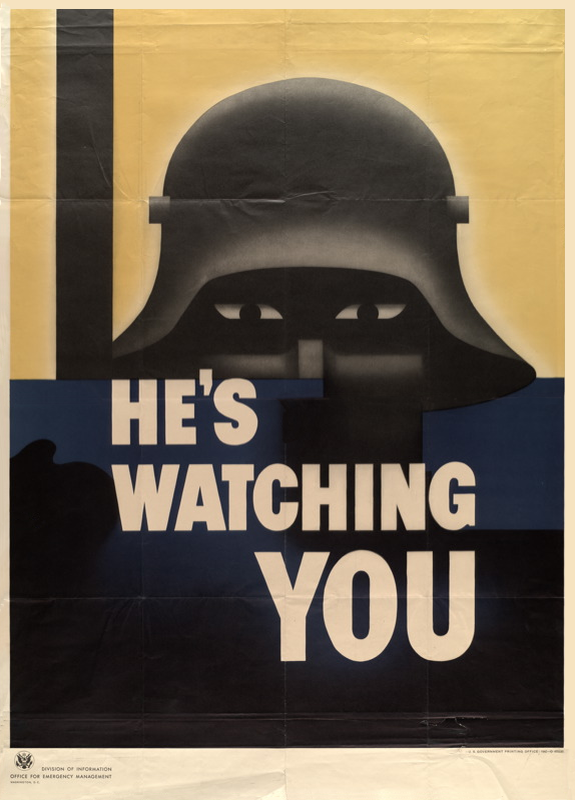Written by Edward Corse. The study of propaganda is usually about the study of tangible objects and the message those objects are trying to convey to the intended audience. Films can be viewed, radio broadcasts can be listened to, and leaflets and newspapers can be read – multiple times if necessary – many years after they were originally deployed. Whilst the messages contained within the propaganda may take time to understand and interpret, there is…
Leave a CommentTag: History of Propaganda
Written by Neil Pemberton. If anyone reading this blog has heard of the disease toxocariasis, it is most likely through anti-excrement campaigns run by local councils to remind dog owners to pick up after their dogs. Toxocariasis is a rare disease caused by accidentally swallowing the microscopic eggs of the canine-borne worm Toxocara canis shed in the faeces of infected dogs, causing – in some cases – blindness and asthma. An embedded ritual within the choreography…
Leave a CommentWritten by Stefan Goebel. It was during the First World War that the modern age of propaganda began. Propaganda has, of course, a much longer tradition, but the years 1914-1918 mark a watershed. Propaganda became a central plank of the war effort, pervading public (and private) life. Moreover, it was during this war that the contours of a new academic subject – propaganda studies – began to emerge. Official propaganda grew from being a sideshow…
Leave a CommentWritten by David Welch. When in the 1970s I began my doctoral research into the Nazi cinema there were few fellow travellers working in the field of propaganda. I was lucky to find Philip Taylor who had started his work on British propaganda during the inter-war period at the same time as me. In spite of the fact that he supported Liverpool and held Spurs in low esteem we became firm friends and collaborators until…
Leave a Comment




